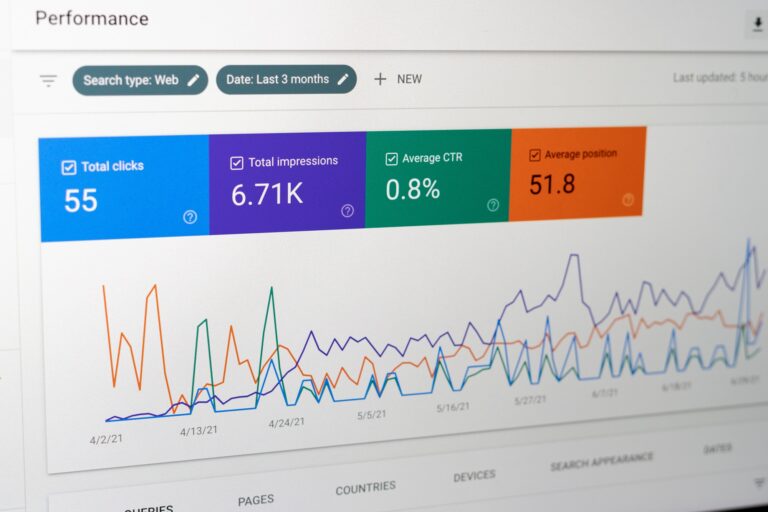The difference between on-page and off-page SEO is self-explanatory. You may have read it over and over again across the internet, so I don’t know why you still take the time to read this blog post.
Kidding aside, if your only goal is to appear on search engines, you can achieve this by implementing on-page SEO strategies.
Write the blog post (or hire someone to write it) and ensure that it follows the SEO guidelines such as adding the keyword to the title, internal and external links throughout the post, and images.
You don’t need to be an SEO expert to do that because SEO plugins like Yoast SEO can help you with that for free.
And the optimization process is not a secret at all. Thousands of articles about that have been published, and you can find them in a few clicks.
That is the same for off-page SEO.
Everyone knows that off-page SEO involves guest posting, link building, directory submissions, social media, and so on because everyone in the industry talks about it.
But the success mostly lies in your ability to persuade external entities, meaning other bloggers and platform administrators, to allow you in their space.
Some SEO professionals have developed a formula that guarantees their success in doing that, and they may keep it a secret — until you pay them their rate.
So while on-page SEO can be done for free because you can DIY it, off-page SEO is not an easy area to succeed in and you may need to hire an SEO expert to do it.

Difference Between On-page and Off-page SEO
In my experience, off-page SEO requires so much effort, especially compared to on-page. That is why my domain authority is not impressive.
Domain authority is basically a determinant of how trustworthy and popular your website is.
The most effective way to boost yours is to submit guest posts with links to your target domain to another website with high domain authority. And make sure that the links are do-follow links!
You can check the domain authority of a website using an SEO tool.
I’d like to suggest Moz because you can install their browser extension called MozBar to easily know the domain authority of any website you visit.
In the search bar, type the topic you are interested in plus the word “guest post” or similar next to it, like “weight loss guest post.”
Go to any of the pages in the results, and you will see the domain authority score at the top.
If you see the word “page authority” or “PA,” that is the authority score of the specific page you are on. The domain authority is for the entire website.














